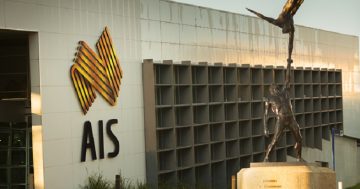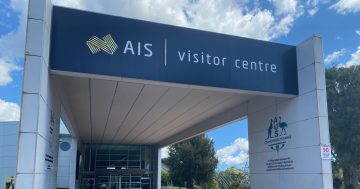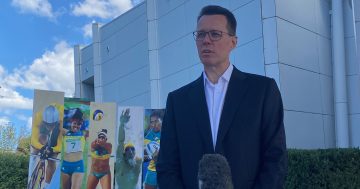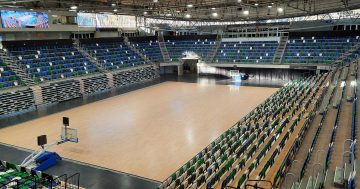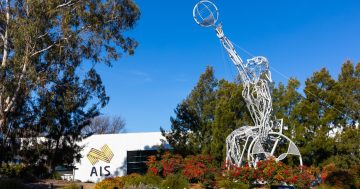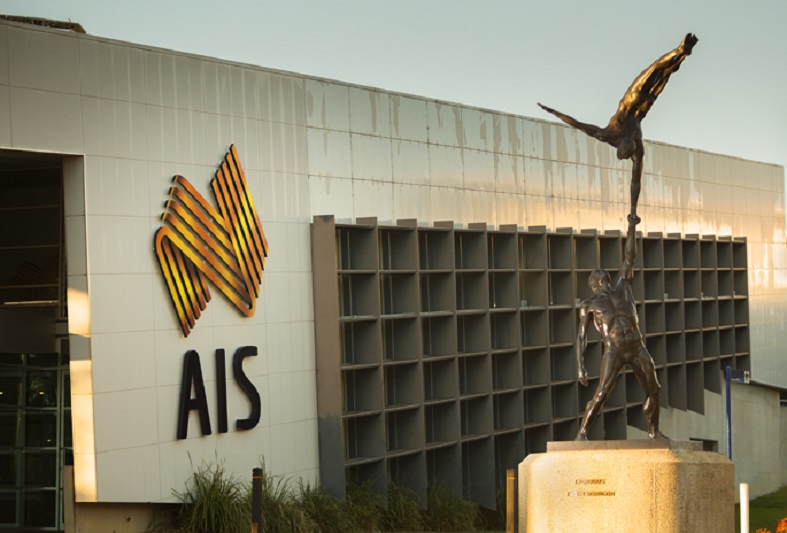
The AIS has announced a Restorative Program for scholarship athletes who experienced harm between 1981 and 2013. Photo: Sport Performance Centres.
Scholarship-holding athletes who experienced harm from inappropriate practices or abuse while at the Australian Institute of Sport (AIS) now have a place to receive acknowledgement and support.
The Australian Sports Commission (ASC) Restorative Program has been designed to give such athletes who attended the AIS in Canberra between 1981 and 2013 a safe place to share any negative experiences.
ASC chair Josephine Sukkar said it was crucial for the sports body to acknowledge its past and commit to positively changing the culture of sport now and into the future.
“Almost 9000 athletes held AIS scholarships between 1981 and 2013, and while we know many people had a positive experience, unfortunately, some athletes were treated inappropriately,” she said.
“The program has been established to help our former athletes report and raise concerns directly with the ASC about practices at the AIS that were detrimental to their wellbeing.”
The restorative program builds on the ASC Board’s formal apology to former athletes in May 2021.
ASC CEO Kieren Perkins said the reality was that there had been “a lot of practices” in sport that weren’t appropriate.
“Obviously, there’s plenty of work to continue to do, to learn from and hear from those who haven’t had a great experience, but we’ve got the mechanisms in place now, which is wonderful,” he said.
The program would allow those eligible to access counselling and support services and give them the chance to tell their stories to senior ASC and AIS representatives.
Mr Perkins said it would help shape sporting practices into the future.
“The things that we hear or learn, they will remain confidential unless the athlete involved wants us to take it further publicly,” he said.
“We’ll also utilise [what we hear] to learn and make sure the systems, processes and policies that are in place more broadly in the sporting sector do support a much better outcome for all athletes involved.”
While he wasn’t a scholarship holder, Mr Perkins attended the AIS and said he wanted to ensure everyone had a positive experience when they engaged in sport, whether at an elite or community club level.
“I personally have the very, very strong view that all young people in sport should finish their experience as happy, well-adjusted humans who are advocates for sport into the future,” he said.
“When we have so many young people who come out of their sporting experience not wanting to be anywhere near it or involved in it again, we’re failing, and the system needs to be better than that.”
Restoration payments would also be available for eligible individuals, but Mr Perkins stressed this was not a compensation scheme.
“There is no legal liability or acceptance of fault in this program; there is an acknowledgement that harm has occurred,” he said.
“We won’t be listening to athletes’ stories and judging whether or not they received harm. We acknowledge it has occurred, and we want to hear their stories and give them the opportunity to be part of that restoration process.”
The AIS Be Heard program was available for current and former athletes, coaches and staff who were not eligible for the restoration program.
Complex trauma advocacy and support service Blue Knot welcomed the announcement as another avenue for victims and survivors to receive some sense of justice.
President Dr Cathy Kezelman said such programs provided a way for survivors to feel heard without going through a legal process.
“There is no single response. For many [who experienced abuse], it upends their life course and going through criminal justice processes can be incredibly challenging, and it’s not for everyone,” she said.
“This is about choice, for people to be able to choose what process they want to start healing.”
The program was anticipated to be active until 30 June 2024.












